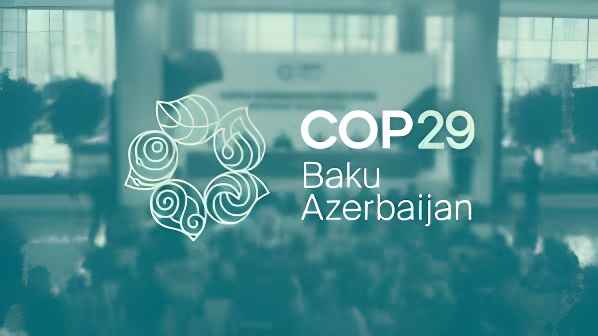As the 29th Conference of Parties (COP) approaches in Baku, Azerbaijan, there is renewed urgency in India to prepare its industries for integration into global carbon markets. A crucial item on the COP agenda is clarity on Article 6 of the Paris Agreement, which enables trading of carbon credits essentially allowing countries to buy credits for emissions reduced elsewhere. These credits incentivize eco-friendly actions, from renewable energy adoption to forest conservation, and set guidelines for permissible activities and verification methods.
Though carbon markets have existed for almost two decades, they’ve faced criticism for creating an illusion of reduced emissions. Yet, hopes are high that this COP might resolve verification issues, allowing the first official credits to be claimed by countries next year. India, committed to sourcing half its electricity from non-fossil fuels by 2030, is positioned to benefit from carbon-reduction projects. Numerous private enterprises are also emerging in India with projects to conserve forests and reduce emissions, offering credits to international companies.
India’s iron and steel sectors, among others, face targets to limit emissions by 2025, setting the stage for the country’s formal entry into carbon trading. However, this will involve complex calculations, and a similar energy-efficiency scheme has shown that regulatory pressure is crucial for compliance. As India steps into this space, establishing a transparent and reliable carbon trade policy aligned with global standards will be essential to ensure genuine progress and accountability in its carbon market efforts.
Read More About COP29:- Click here

